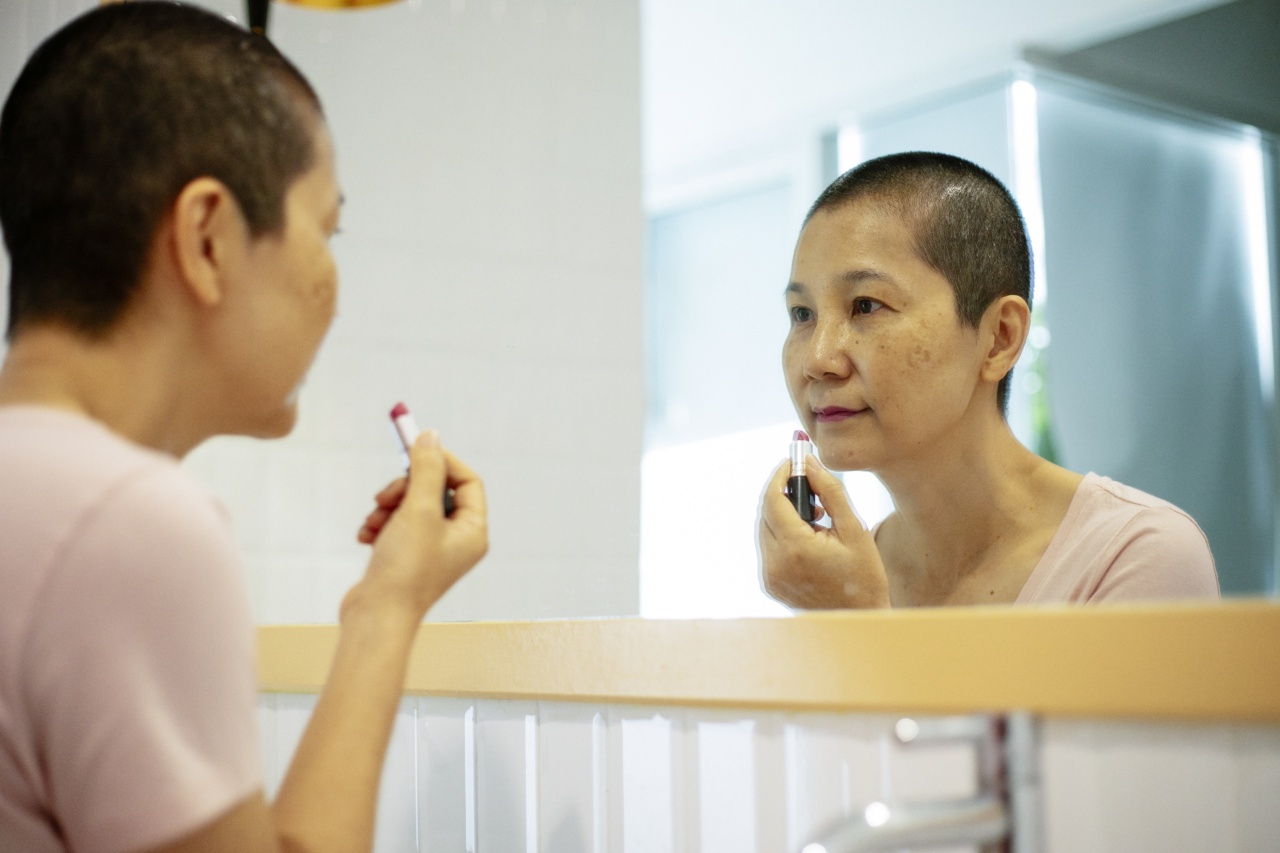Cancer is a complex disease that can be caused by a variety of factors, including genetics, environmental exposure, and lifestyle choices.
While certain risk factors for cancer, such as family history or genetic mutations, cannot be altered, there are daily habits that can significantly impact an individual’s likelihood of developing cancer. In this article, we will explore the link between cancer and daily habits, highlighting the importance of making healthy choices to reduce the risk of cancer.
1. Tobacco Use
One of the most significant risk factors for cancer is tobacco use. Smoking cigarettes, cigars, or pipes exposes the body to harmful chemicals and toxins that can damage DNA and increase the chances of developing cancer.
Studies have shown that smoking is strongly linked to various types of cancer, including lung, throat, mouth, bladder, kidney, and pancreas.
2. Unhealthy Diet
Consuming an unhealthy diet, high in processed foods, saturated fats, and sugars, is another habit that can increase the risk of cancer.
A diet lacking in fruits, vegetables, and whole grains deprives the body of essential nutrients, antioxidants, and fiber that are vital for maintaining a healthy immune system and preventing cancer. On the contrary, a diet rich in plant-based foods has been associated with a lower risk of developing certain types of cancer like colorectal, stomach, and lung cancer.
3. Sedentary Lifestyle
A sedentary lifestyle, characterized by minimal physical activity or extended periods of sitting, has been linked to an increased risk of cancer.
Regular exercise helps maintain a healthy weight, strengthens the immune system, and improves digestion, all of which contribute to reducing cancer risk. Engaging in at least 150 minutes of moderate-intensity exercise per week, such as brisk walking or cycling, is recommended to lower the risk of developing various types of cancer.
4. Excessive Alcohol Consumption
Excessive alcohol consumption has been shown to damage cells and increase the risk of developing cancer. Chronic alcohol use can lead to liver, colon, breast, and throat cancer.
It’s important to note that moderate alcohol consumption, defined as up to one drink per day for women and up to two drinks per day for men, is generally considered safe. However, it is advisable to consult with a healthcare professional regarding alcohol consumption and its potential risks.
5. Exposure to Sunlight
Overexposure to the sun’s ultraviolet (UV) radiation is a significant risk factor for skin cancer, including melanoma.
Prolonged and unprotected exposure to the sun, especially during peak hours, can damage the DNA in skin cells, promoting the development of cancer. It is crucial to protect the skin with sunscreen, wear protective clothing, and seek shade to minimize the risk of skin cancer.
6. Poor Sleep Habits
Getting enough quality sleep is essential for overall health and well-being. Chronic poor sleep habits have been associated with a higher risk of developing certain types of cancer, including breast and colorectal cancer.
The body’s natural circadian rhythm helps regulate various biological processes, including cell repair and DNA damage control. Disrupting this rhythm may lead to an imbalance in hormone levels and cellular functions, potentially increasing cancer risk.
7. Exposure to Environmental Toxins
Exposure to various environmental toxins and pollutants can significantly contribute to cancer development. Air pollution, industrial chemicals, pesticides, and household toxins are some examples of environmental factors that can increase cancer risk.
Limiting exposure to known toxins, improving indoor air quality, and adopting eco-friendly products can help reduce the risk of cancer related to environmental factors.
8. Stress and Mental Health
Chronic stress and poor mental health have been linked to an increased risk of cancer. Prolonged stress can weaken the immune system, impair DNA repair, and promote inflammation, which are all factors that contribute to cancer development.
Managing stress through activities like meditation, exercise, and seeking support from loved ones is crucial for overall health and reducing the risk of cancer.
9. Unsafe Sexual Behavior
Engaging in unsafe sexual behavior, such as unprotected sex or having multiple sexual partners, can increase the risk of certain types of cancer.
Human papillomavirus (HPV), a sexually transmitted infection, is a known cause of cervical cancer, and it can also lead to other types of cancer, including oral and anal cancer. Practicing safe sex and getting vaccinated against HPV can help reduce the risk of these cancers.
10. Lack of Preventive Screenings and Vaccinations
Lastly, neglecting regular preventive screenings and vaccinations can contribute to the development of cancer.
Routine screenings, such as mammograms, Pap smears, colonoscopies, and prostate exams, can detect cancer at early stages when treatment is most effective. Additionally, vaccinations, like the HPV vaccine and hepatitis B vaccine, are available to prevent infections that can lead to certain types of cancer.
By understanding the link between cancer and daily habits, individuals have the power to make informed choices that can significantly reduce their risk of developing cancer.
Adopting a healthy lifestyle, abstaining from tobacco and excessive alcohol use, protecting against sun damage, and staying up to date with preventive screenings and vaccinations are all steps that can promote overall well-being and potentially prevent cancer.































